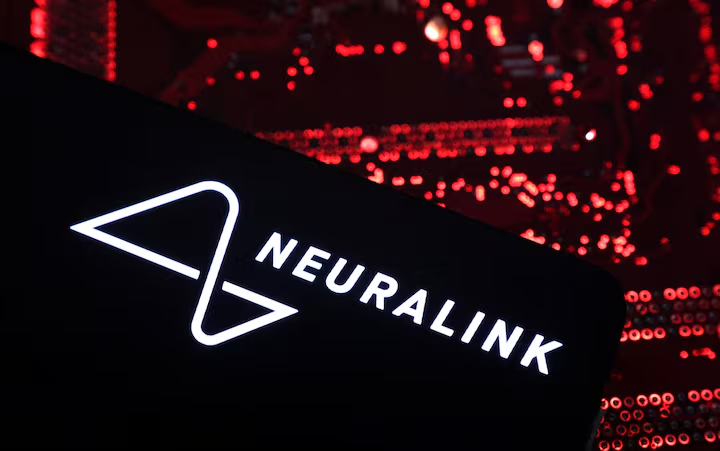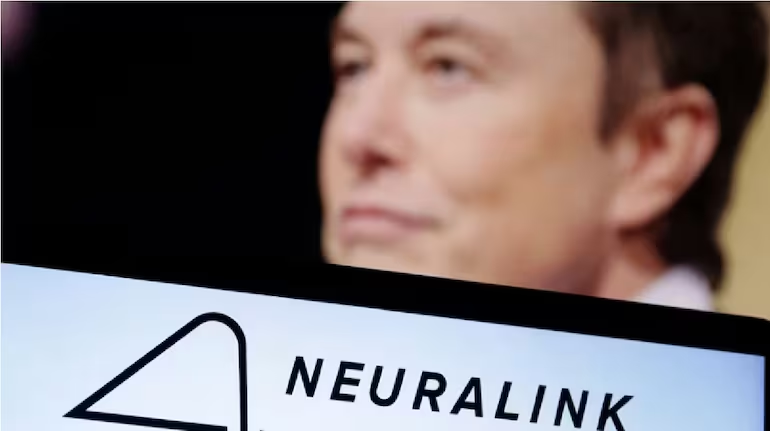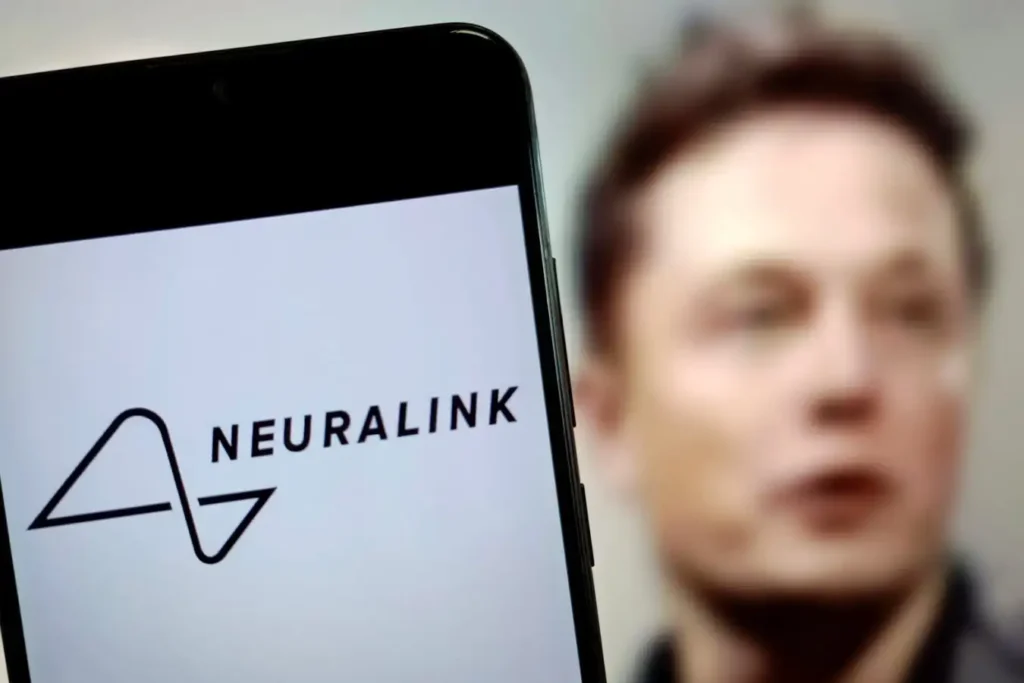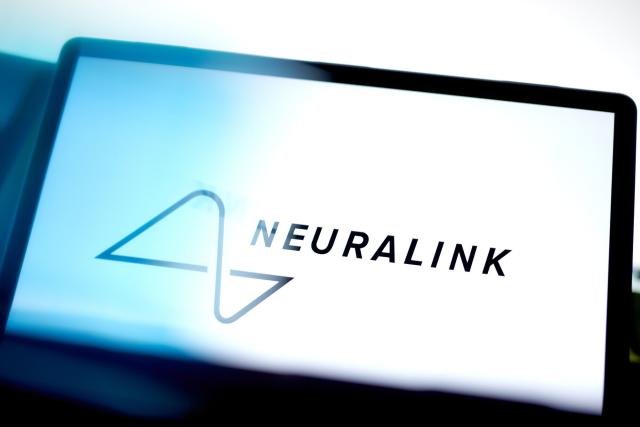Some employees at Elon Musk’s Neuralink are gearing up to sell their shares in the brain implant company, following a significant increase in its valuation after its first human trial, sources familiar with the situation have revealed.
Stock options are a major draw for employees at startups like Neuralink.

Since these shares are not publicly traded, employees seeking to sell them without the company’s approval must navigate complex transactions on niche private market platforms.
Reports indicate that Neuralink may launch a tender offer as soon as next month, allowing staff who wish to sell their shares to do so.
This potential buyback would be a way for the company to manage the sale of its stock, according to two sources who requested anonymity due to their lack of authorization to discuss the matter publicly. X Post
Neither Neuralink nor Musk responded to requests for comment on the situation.
The increase in Neuralink’s valuation, which has surged following its initial human trials in January, is reflected in secondary market trades.
Although these trades are limited and do not offer a definitive valuation, they suggest a notable rise—some estimates now place the company’s value at $8 billion, more than double its worth from the previous year.
Neuralink has described its first human trial as a success, having addressed an initial issue with the implant’s threads retracting from the patient’s brain. You Tube
The company is now preparing for additional trials in Britain and Canada, with Musk recently announcing plans to implant a second patient soon.
It remains unclear if Neuralink has formally scheduled a tender offer or the specifics of such an offer.

Last fall, the company initiated a tender offer priced at around $19 per share, despite some shares trading near $35 on the secondary market, according to a review of trades and sources familiar with the matter. Tender offers often come at a discount to secondary market values.
Musk has historically created a sense of exclusivity for shares in his ventures, including SpaceX and Xai, turning them into coveted assets for a select group of investors, such as Peter Thiel’s Founders Fund.
This strategy has led to significant premiums in recent trades. Buyers on private exchanges have paid between 84% and 137% more than Neuralink’s last private fundraising valuation of $3.5 billion, according to a Reuters analysis and Pitchbook data.

Most startups’ shares typically trade at a discount, with the median private company trading at a 32% discount from its most recent valuation.
Neuralink’s valuation has skyrocketed since its founding in 2016, and employees who received shares early on are poised for substantial gains. Offers for shares have reached up to $50 each, up from around $35 when the human trial commenced in January, according to Sim Desai, CEO of Hive, a secondary market platform matching buyers and sellers of Neuralink shares.
SpaceX, another high-profile company owned by Musk, also trades at a premium on the secondary market.
A recent transaction valued SpaceX at $232 billion, compared to its self-reported valuation of $180 billion from an April fundraising round. SpaceX did not comment on the matter.
Neuralink prefers that employees sell their shares through tender offers rather than on the secondary market. One reason, according to Hiive’s Desai, is federal regulations that cap the number of direct shareholders a private company can have at 2,000.

Limiting unrestricted trading helps the company avoid reaching this limit. Additionally, controlling stock sales through tender offers allows the company to manage investor access and pricing.
Desai noted, “Restricting trades allows the company to offer a favor to close friends and insiders.”
Due to Neuralink’s trading restrictions, Hive only facilitates the matchmaking for shares, with the payment and transfer arranged independently by the parties involved.
Join our THE NEWS TIMES to keep talking on the latest News missions, and more! And if you have a news tip, correction or comment, let us know at: https://thenewstimesns.com
Discover more from THE NEWS TIMES
Subscribe to get the latest posts sent to your email.
